Colección 1. La irrupción del siglo XX: utopías y conflictos (1900 - 1945)
Sabatini Building, Floor 2
In response to the revolutionary nature of the avant-garde, the decades of the 1920's and the 1930's witness a number of returns, which involve a complex rereading of traditional genres. During the 30's, the avant-garde integrates experimentation and construction, the individual and the collective, becoming a poetic form of rewriting the present. Faced with the threat of Fascism, and its dogmatic version of history, there appears a link between the avant-garde and politics, which culminates in the Spanish Pavilion at the 1937 World Fair in Paris, and with Pablo Picasso's Guernica.
High resolution images
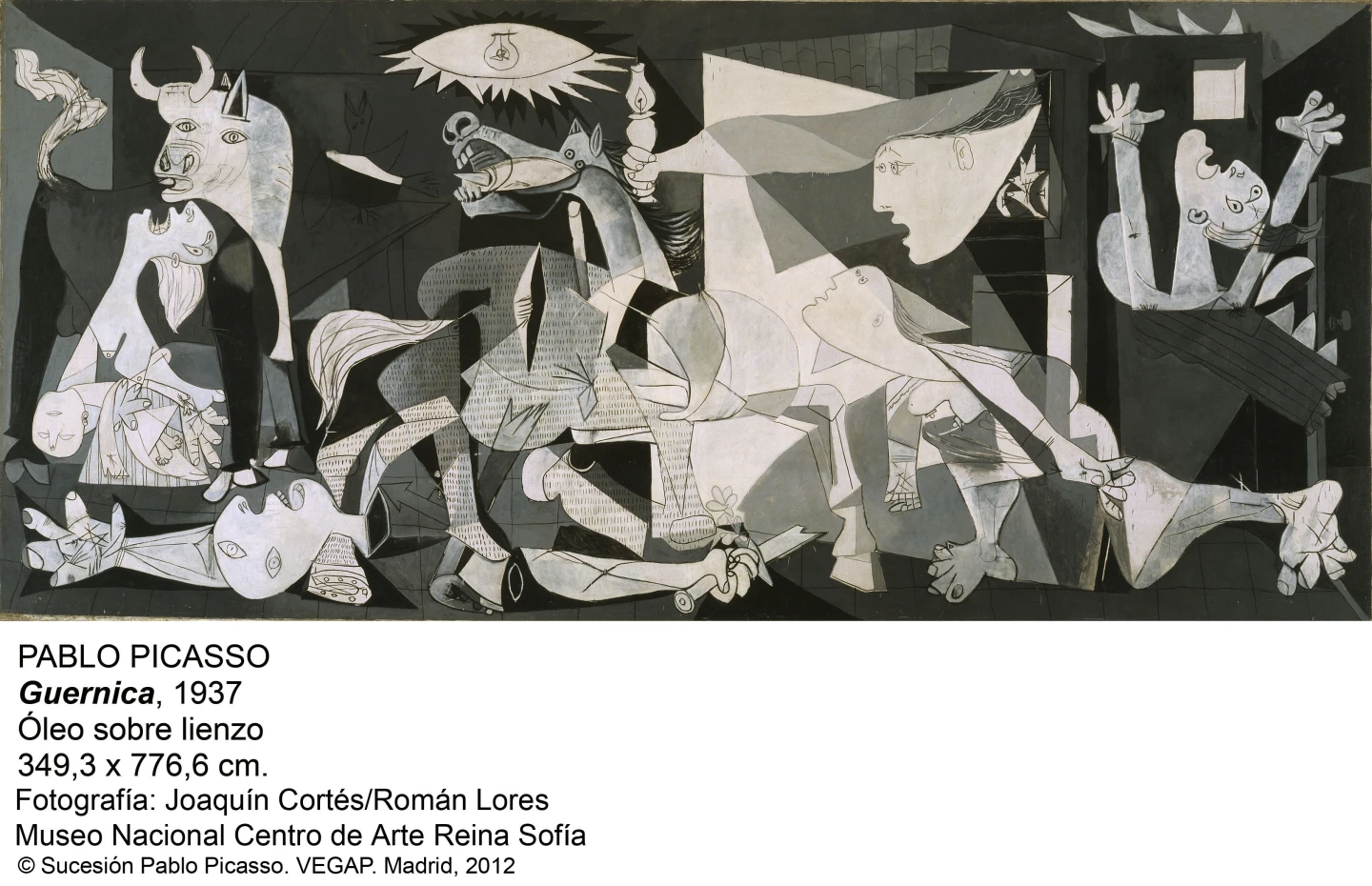
Pablo Picasso. Guernica, 1937
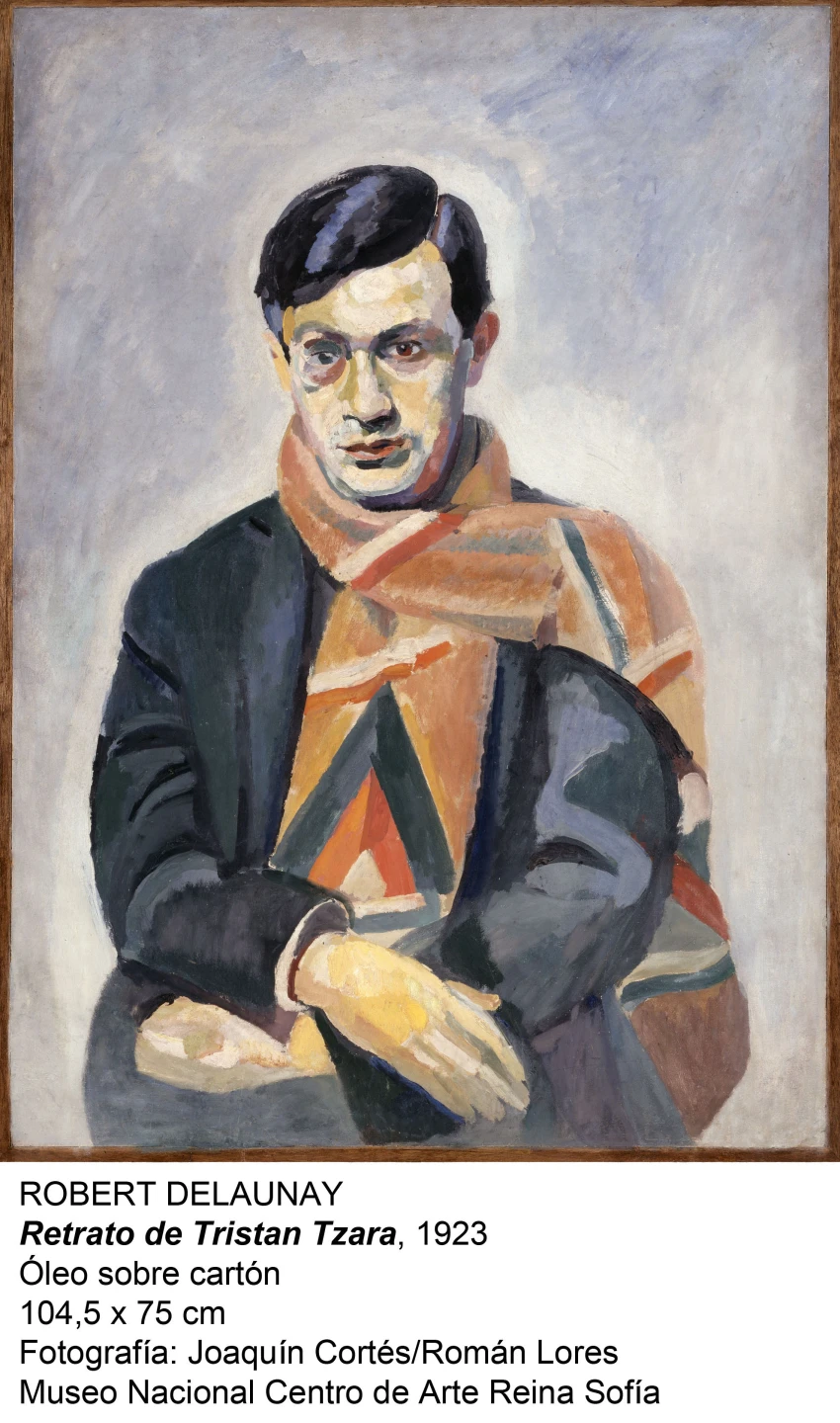
Robert Delaunay. , 1923
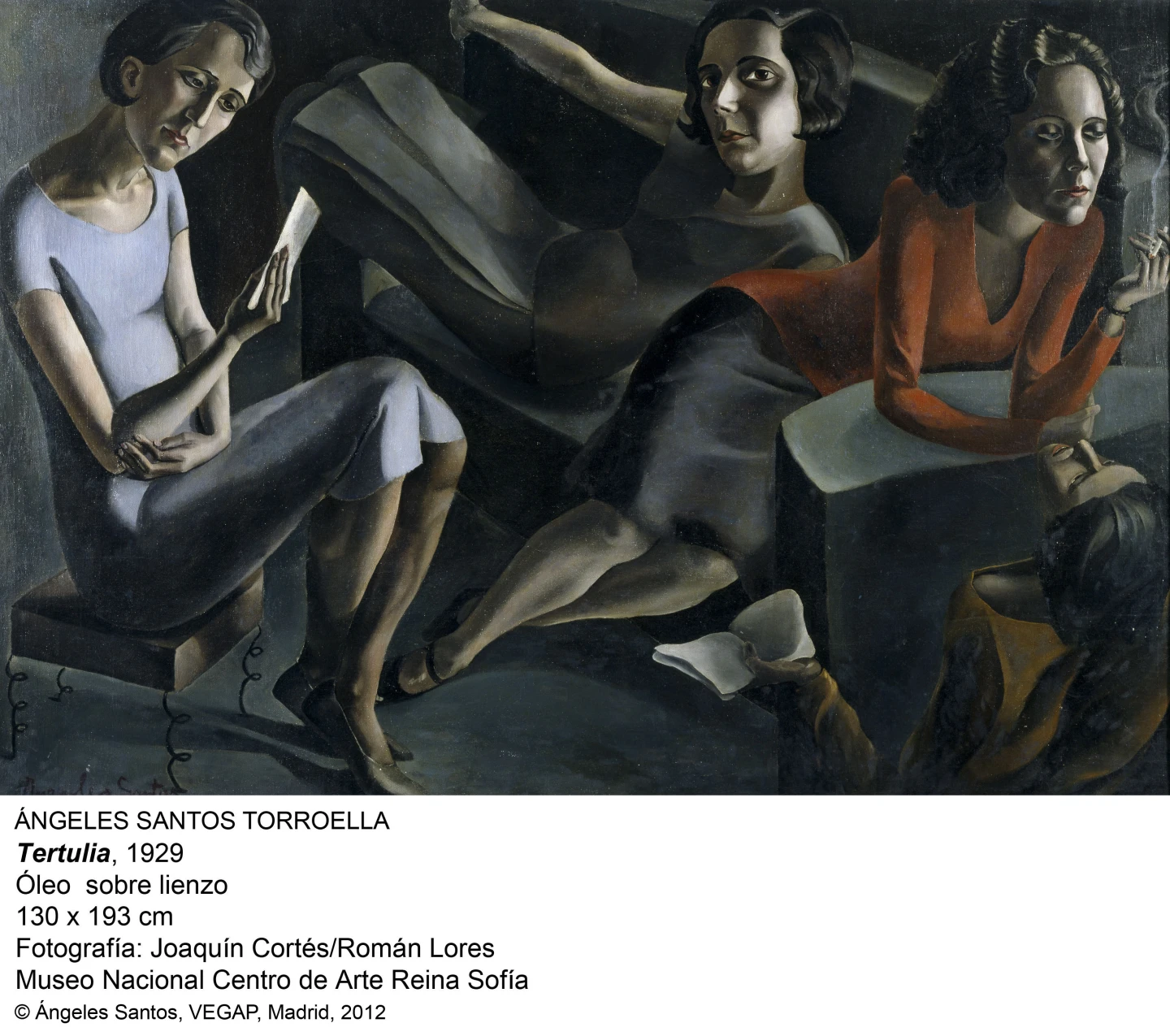
Ángeles Santos. Tertulia, 1929
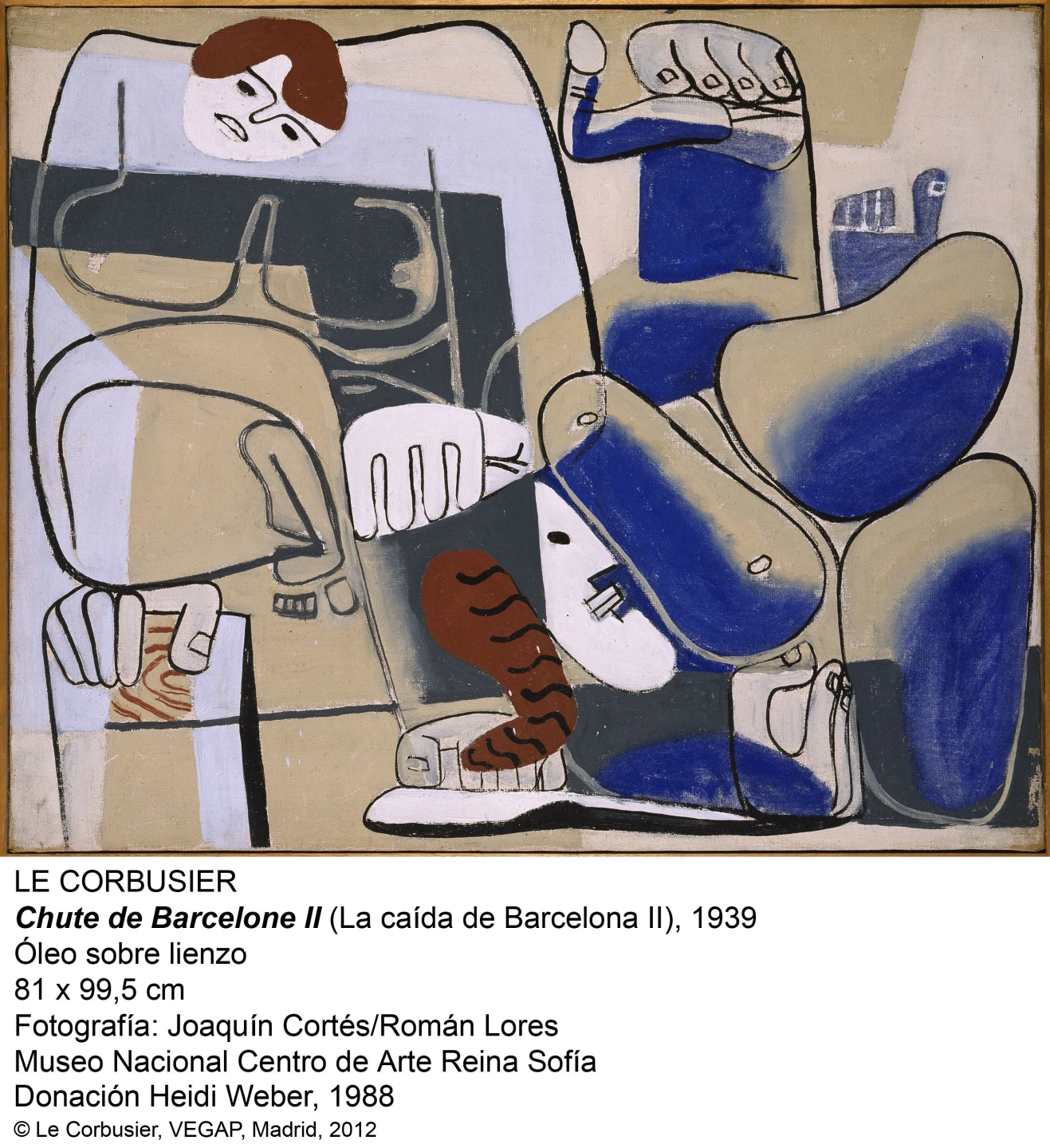
Le Corbusier. Chute de Barcelone II, 1939
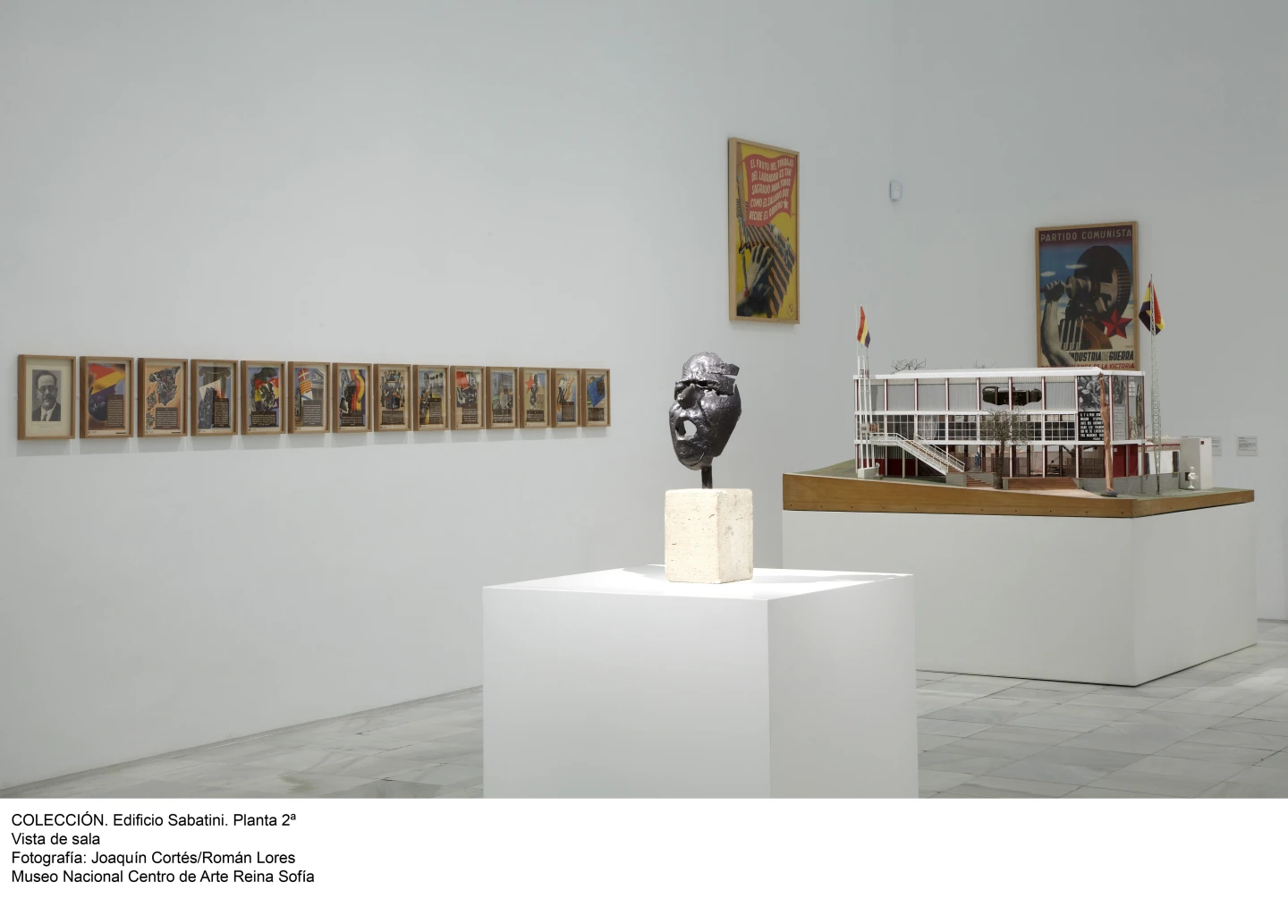
Colección 1. Edificio Sabatini, Planta 2. Vista de sala (1)
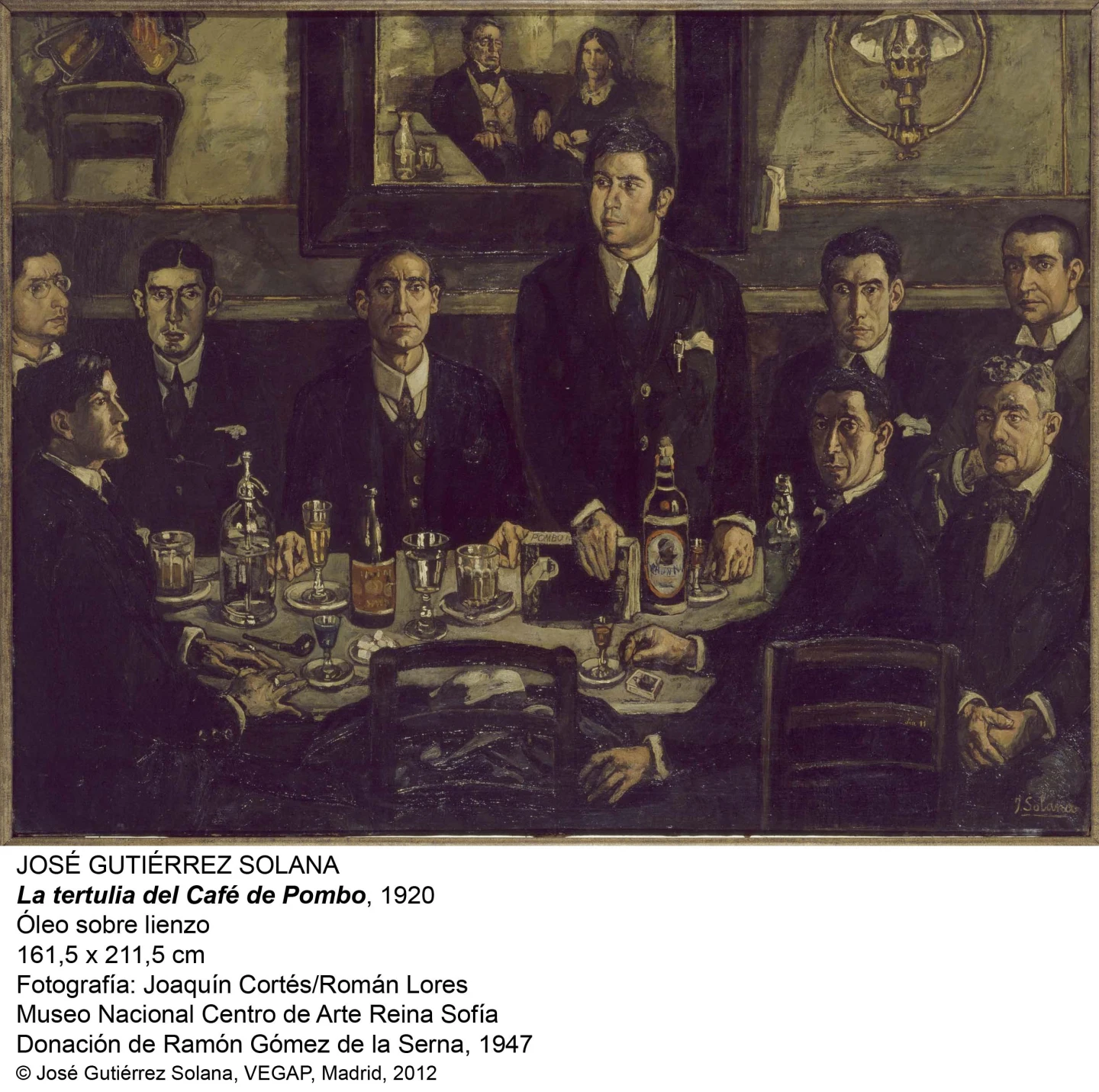
José Gutiérrez Solana. La tertulia del Café de Pombo, 1920
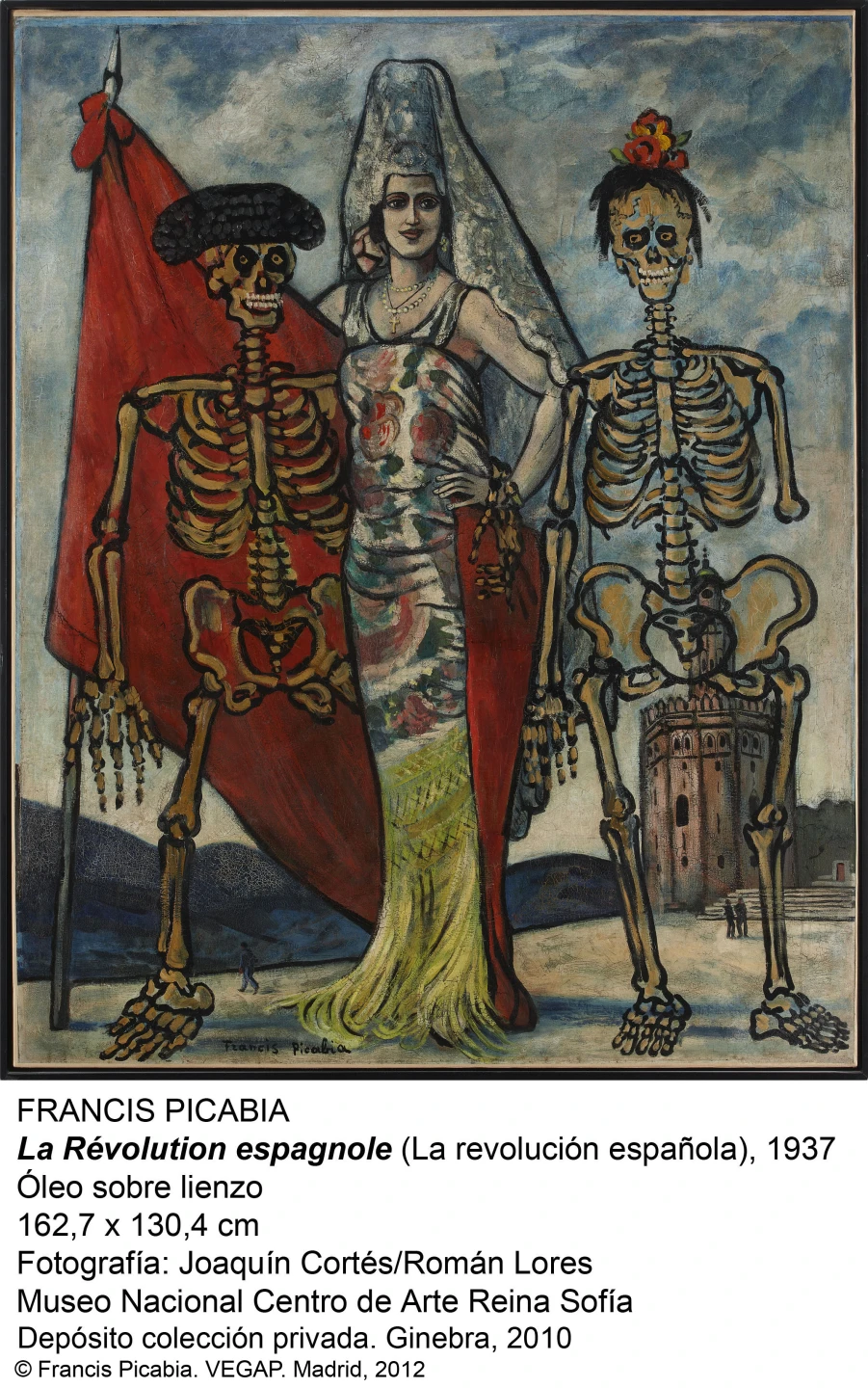
Francis Picabia. La révolution espagnole, 1937
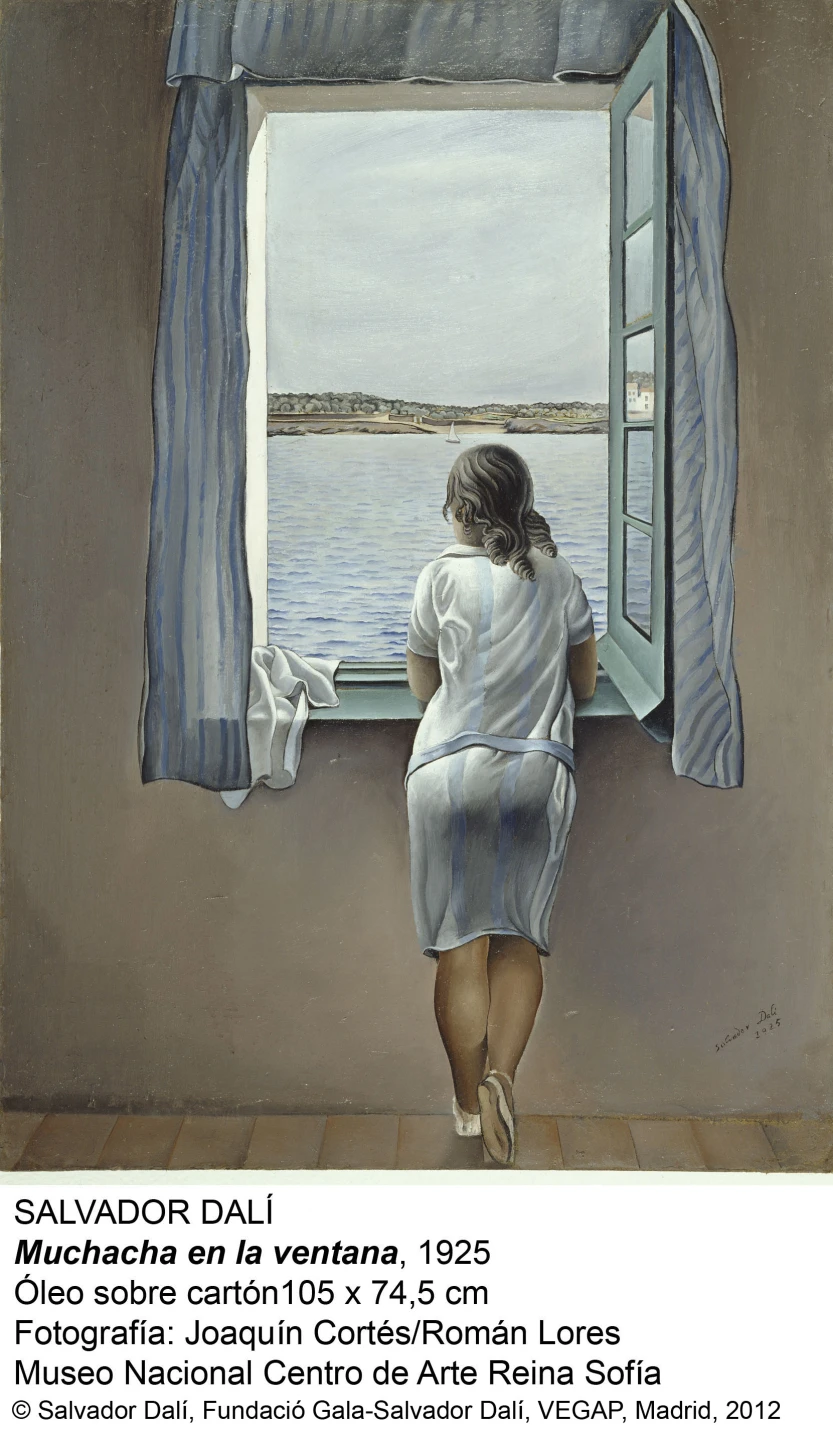
10-salvador_dali._muchacha_en_la_ventana_1925.jpg
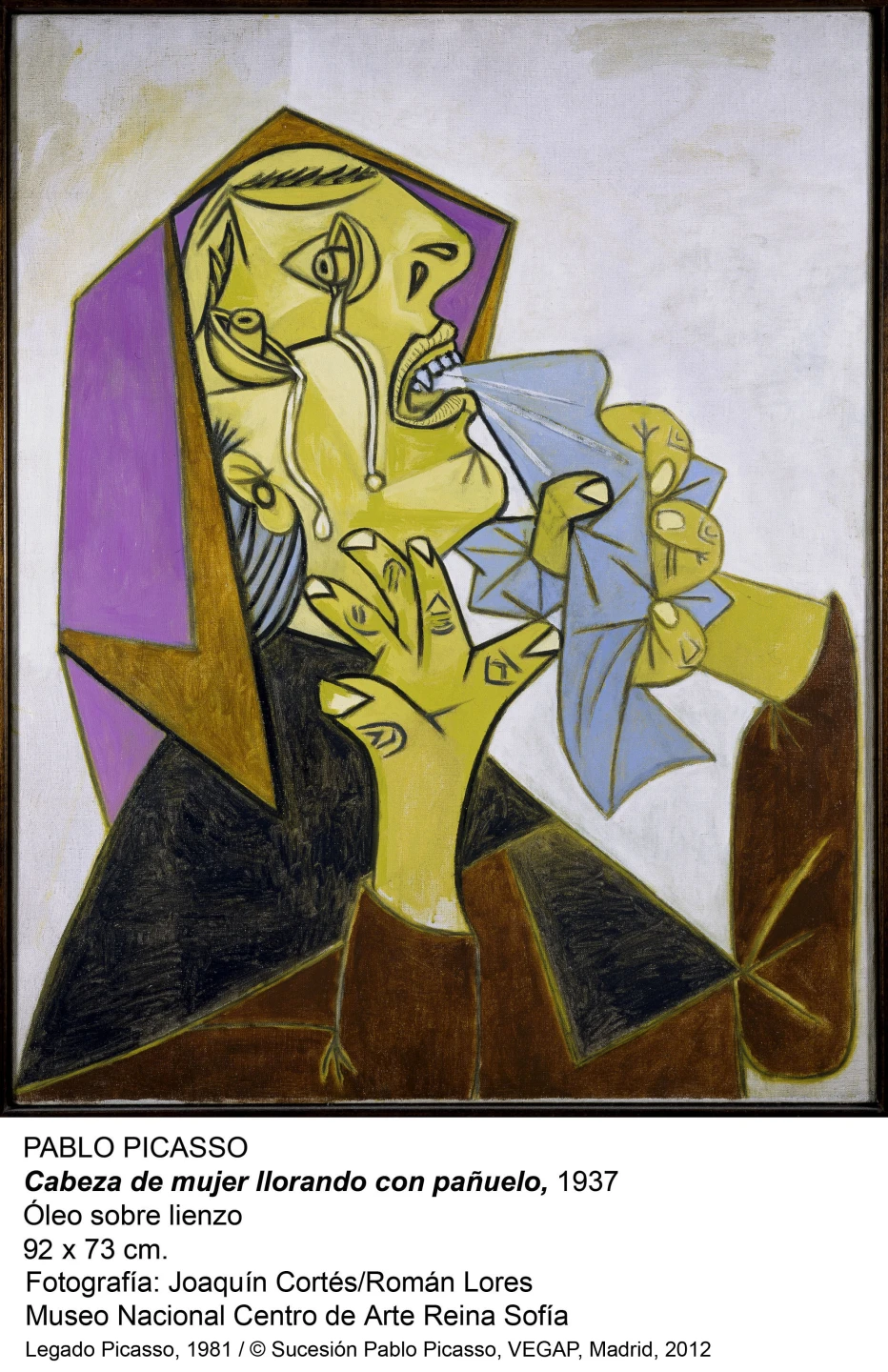
Pablo Picasso. Cabeza de mujer llorando con pañuelo, 1937
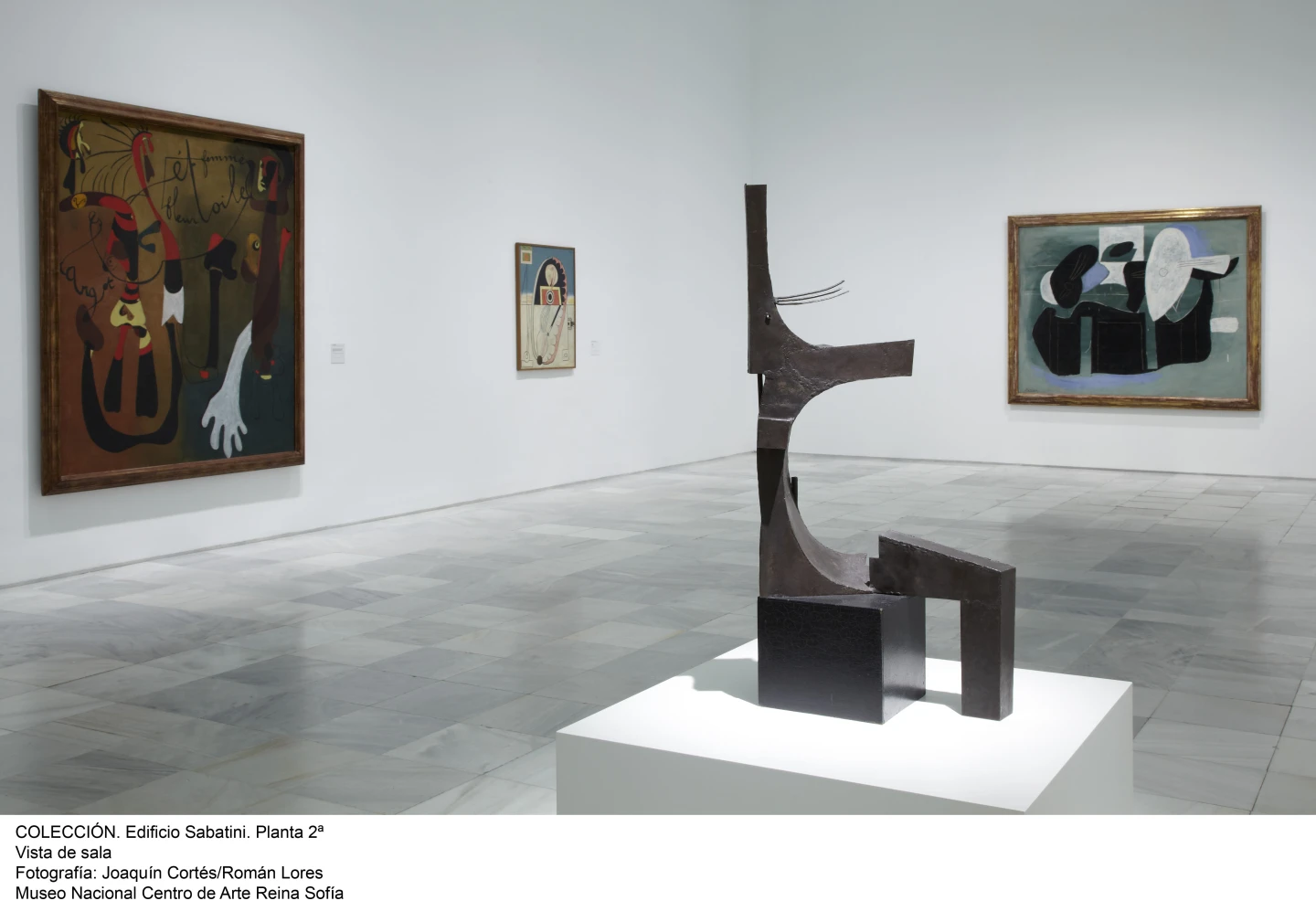
Colección 1. Edificio Sabatini, Planta 2. Vista de sala (2)
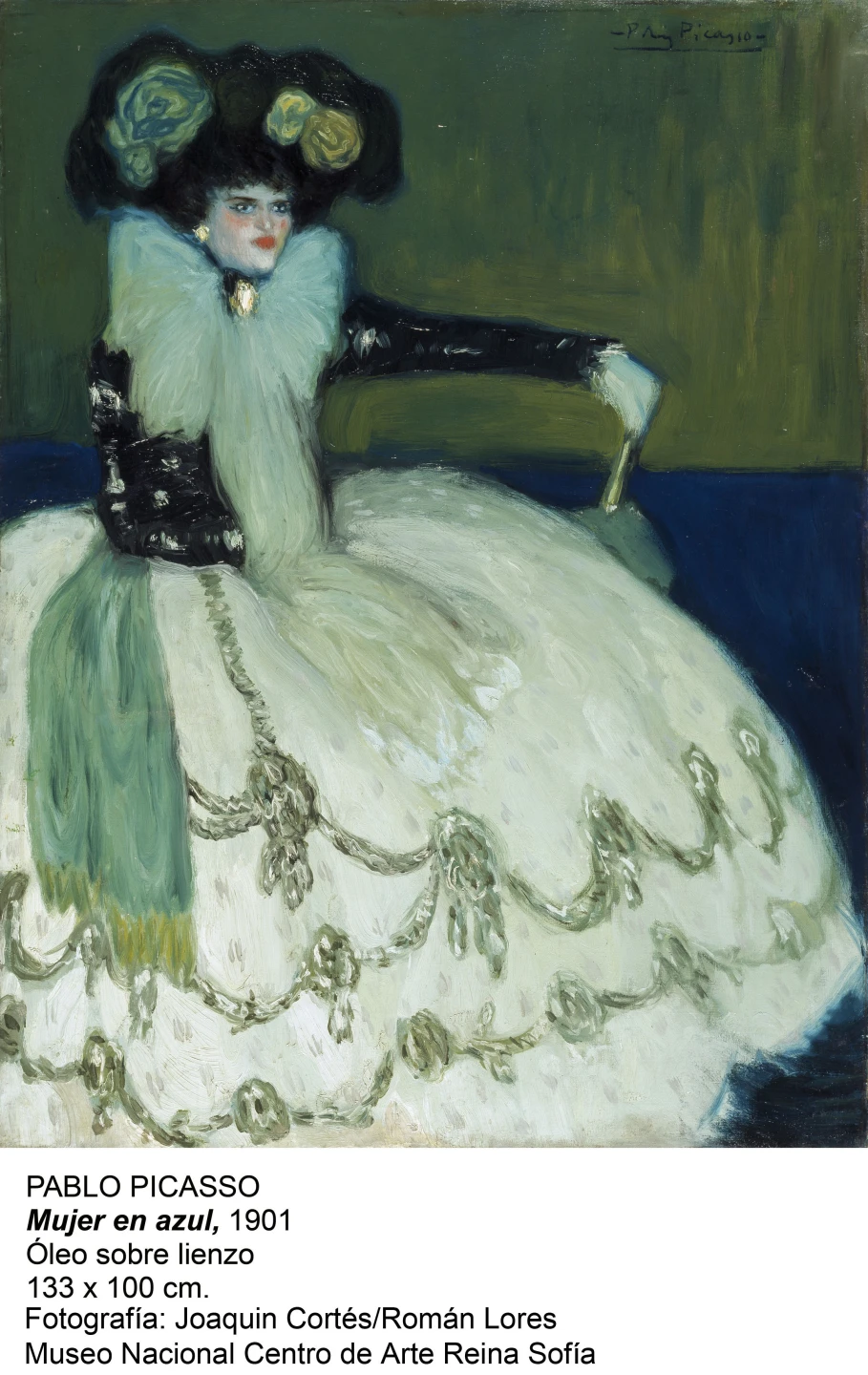
Pablo Picasso. Mujer en azul, 1901
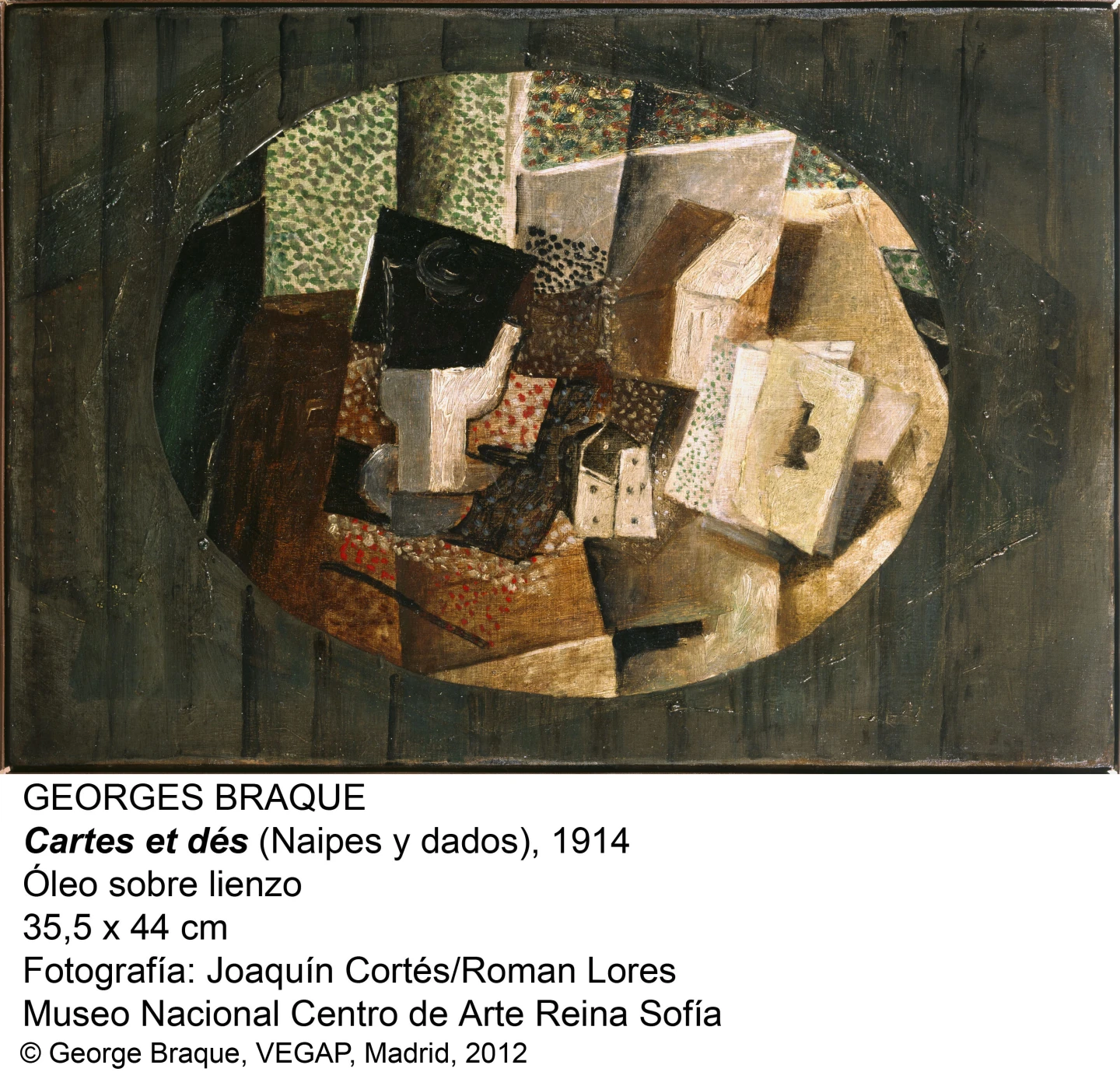
Georges Braque. Cartes et dés, 1914
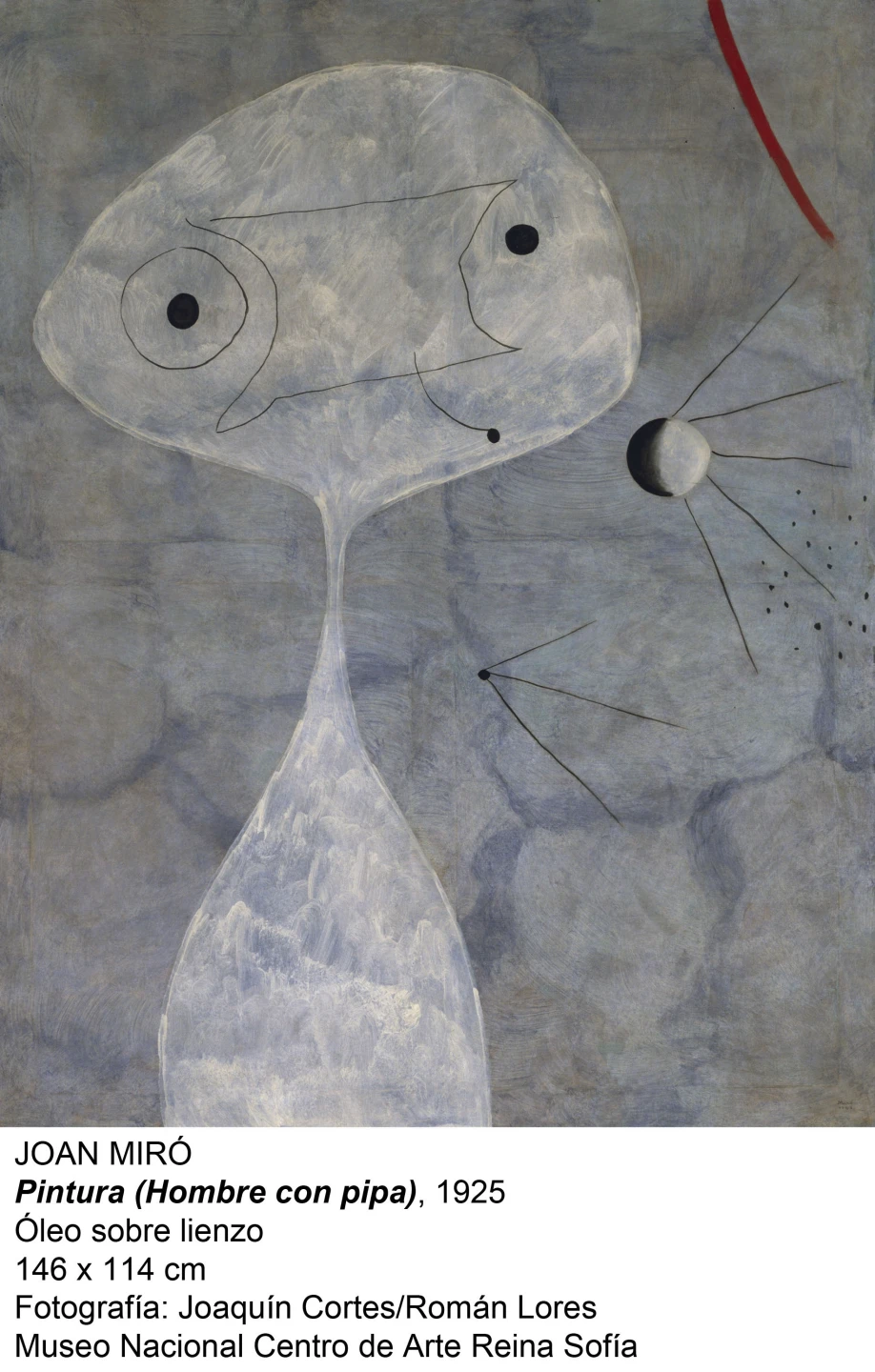
Joan Miró. Hombre con pipa, 1925
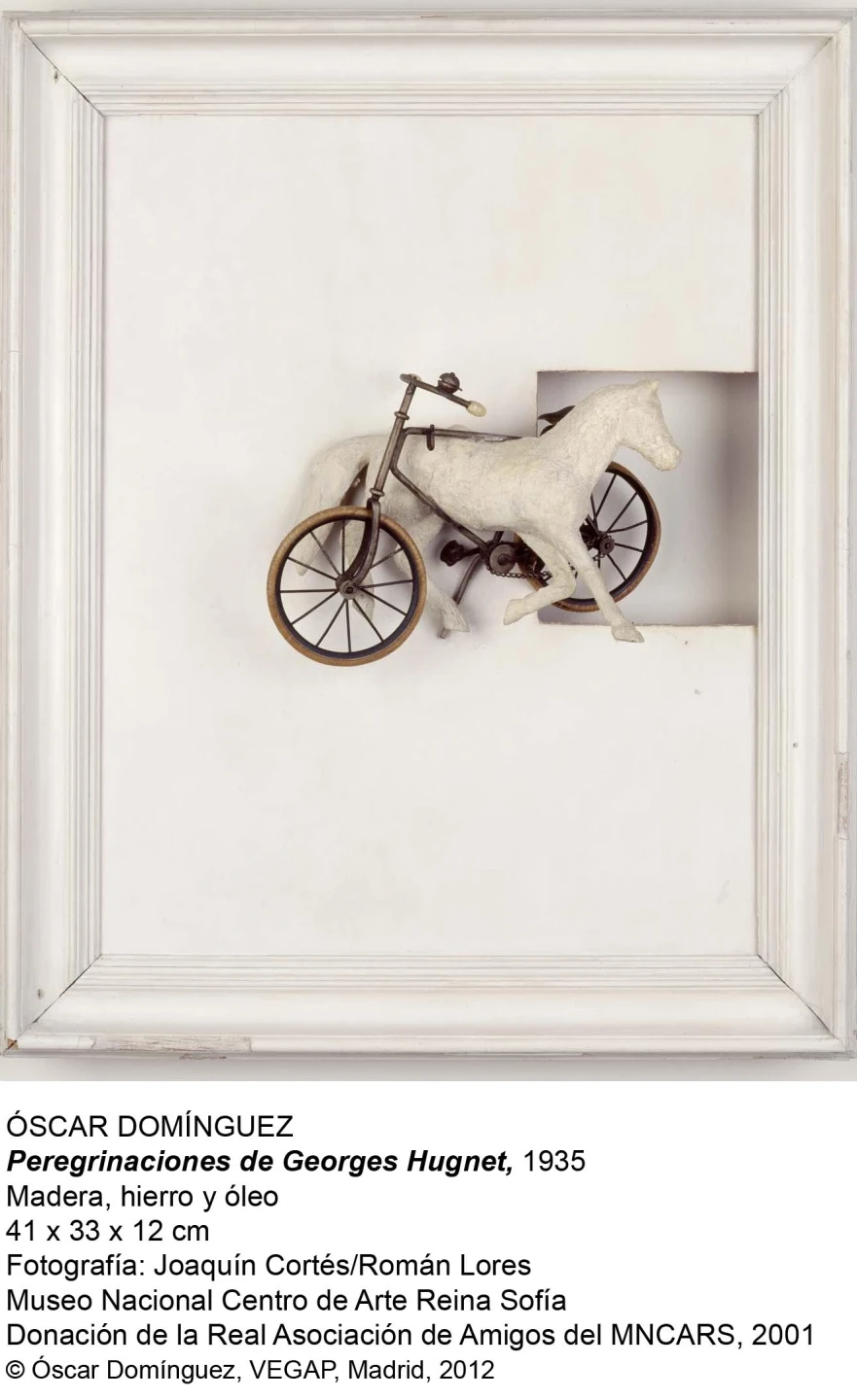
Óscar Domínguez. Peregrinaciones de Georges Hugnet, 1935
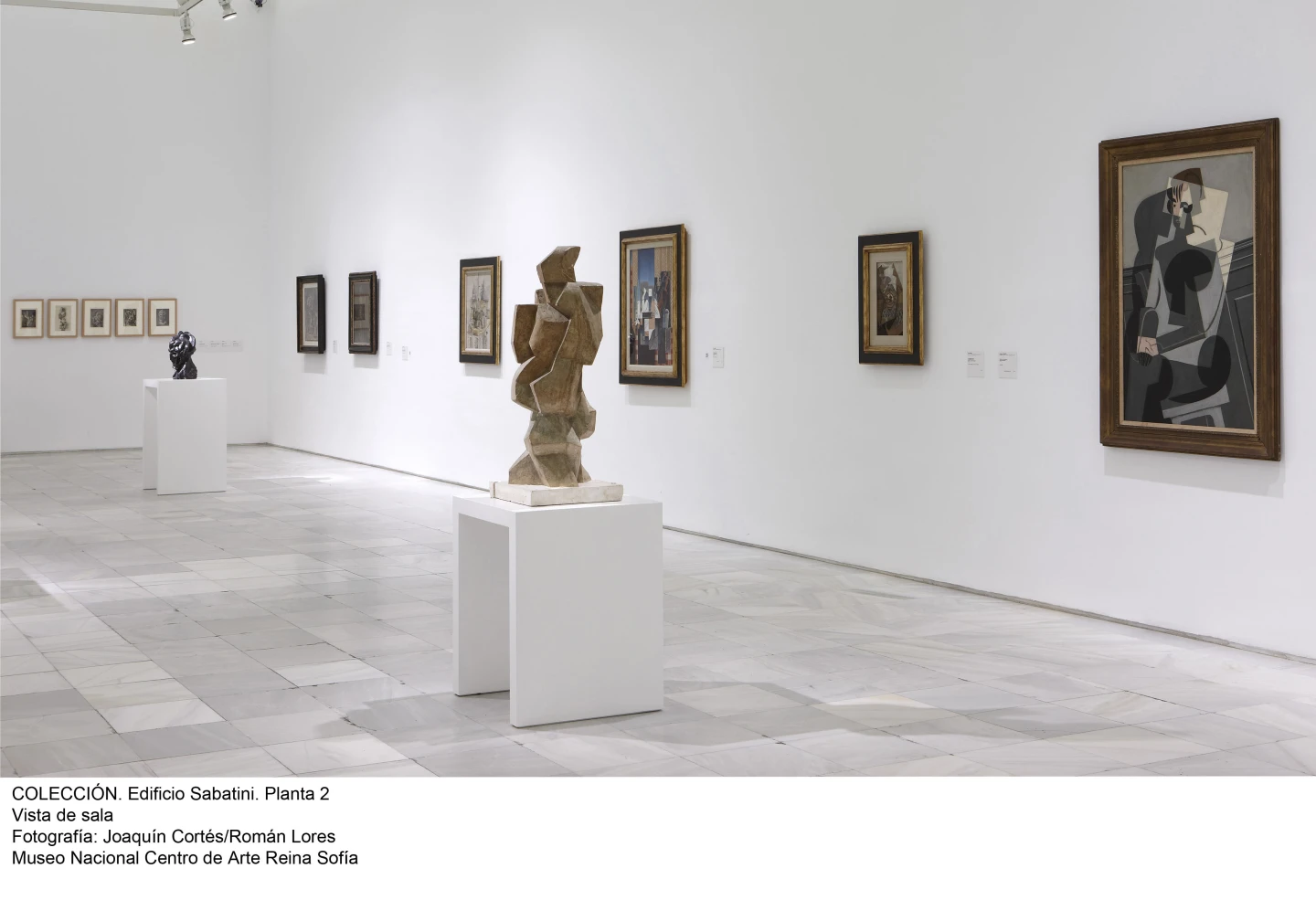
Colección 1. Edificio Sabatini, Planta 2. Vista de sala (3)
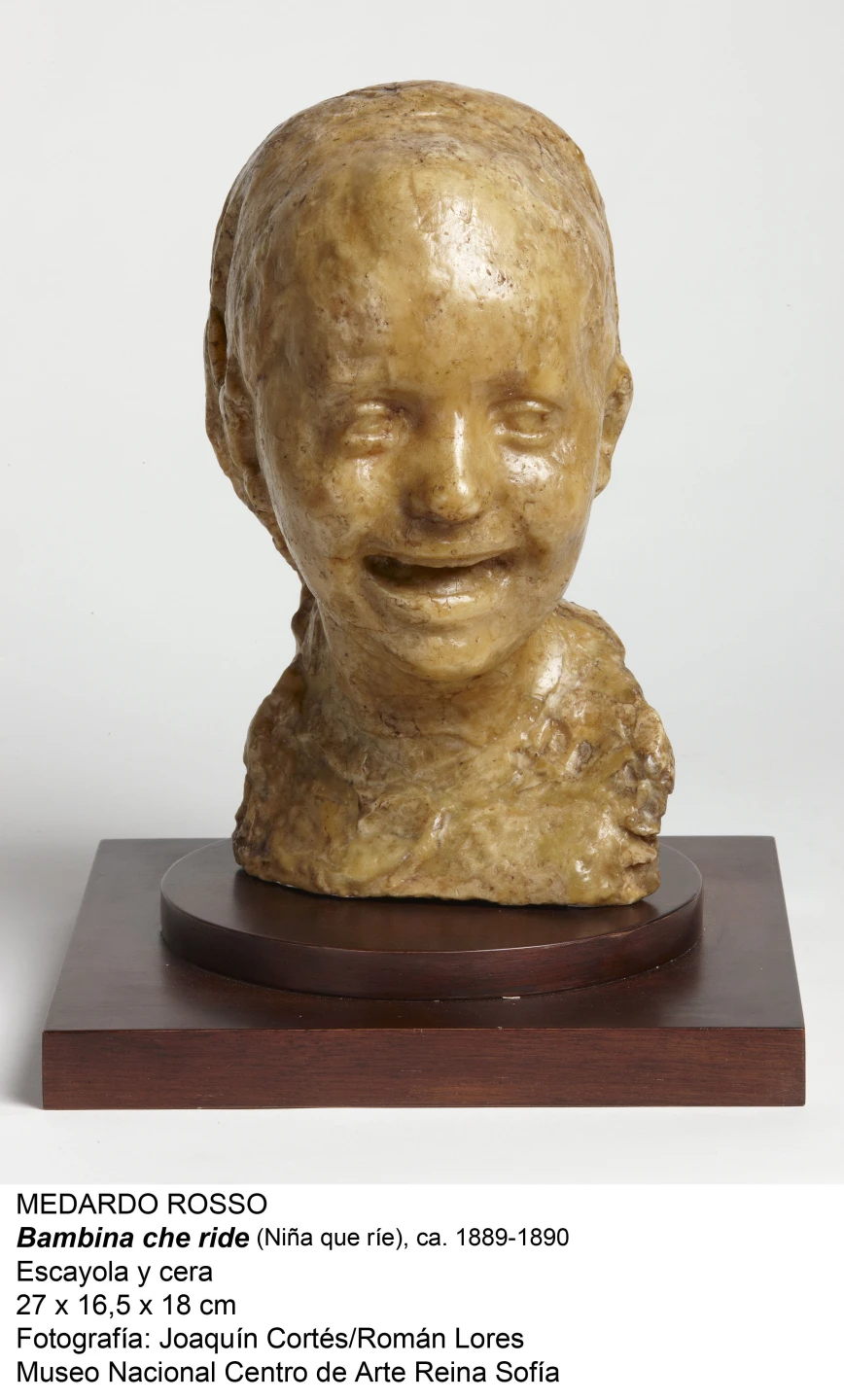
Medardo Rosso. Bambina che ride, ca. 1889-1890
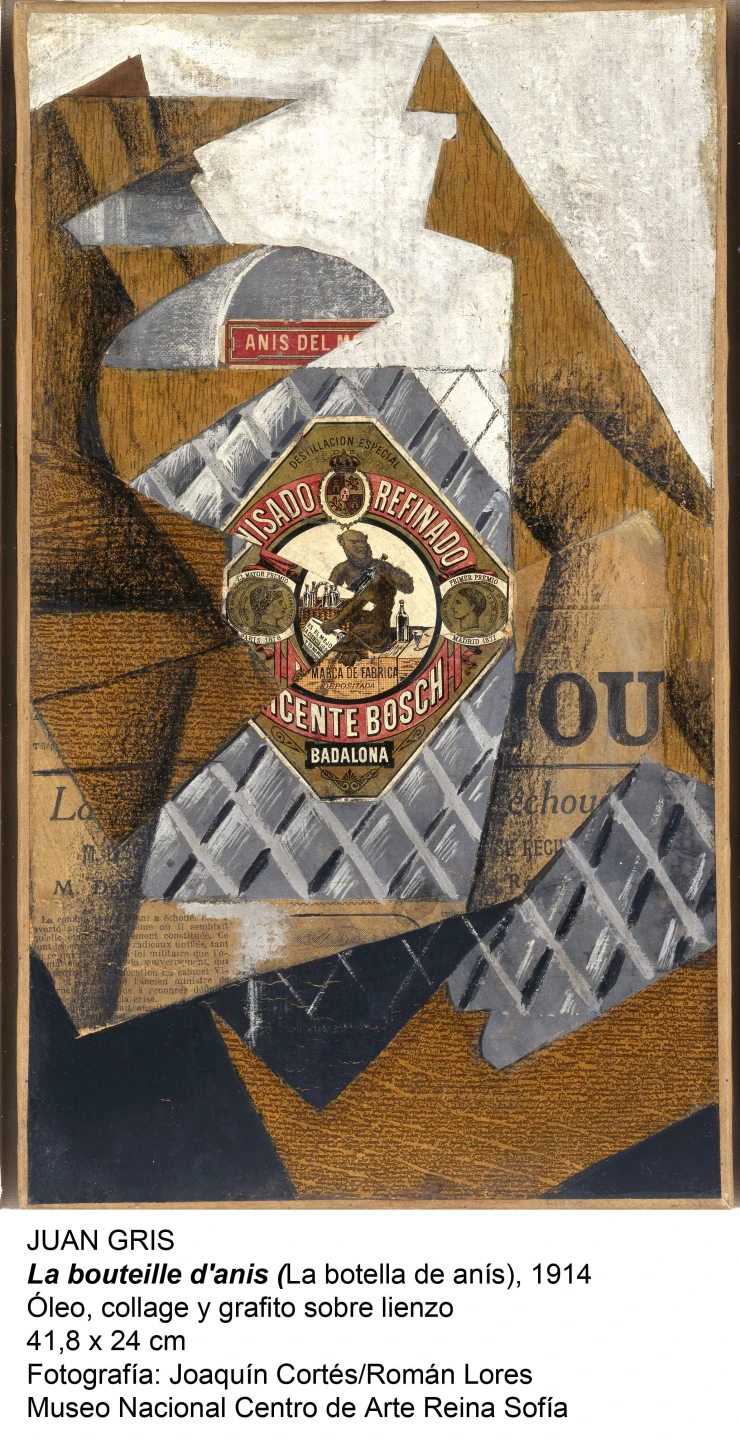
Juan Gris. La bouteille d'anis, 1914
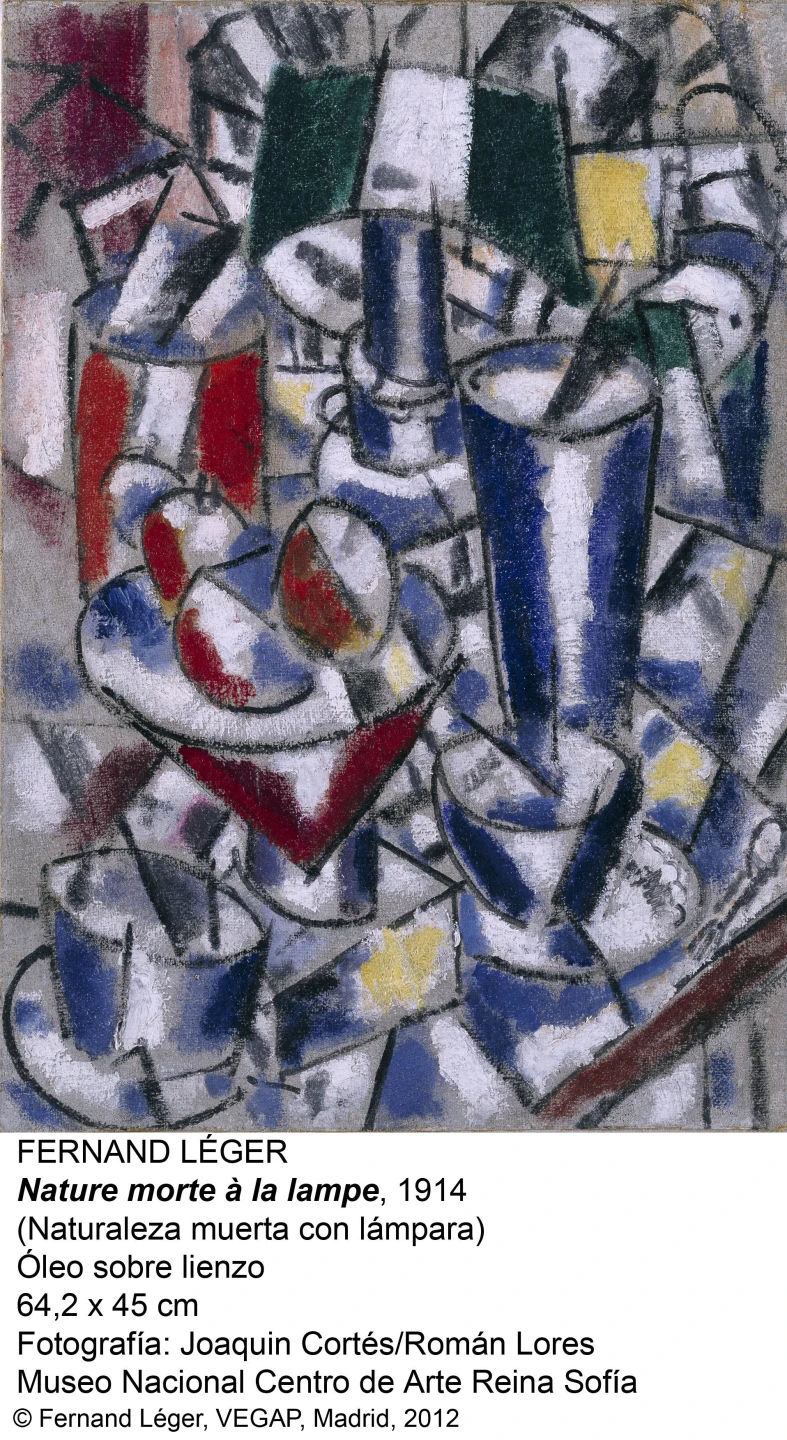
Fernand Léger. Nature morte à la lampe, 1914
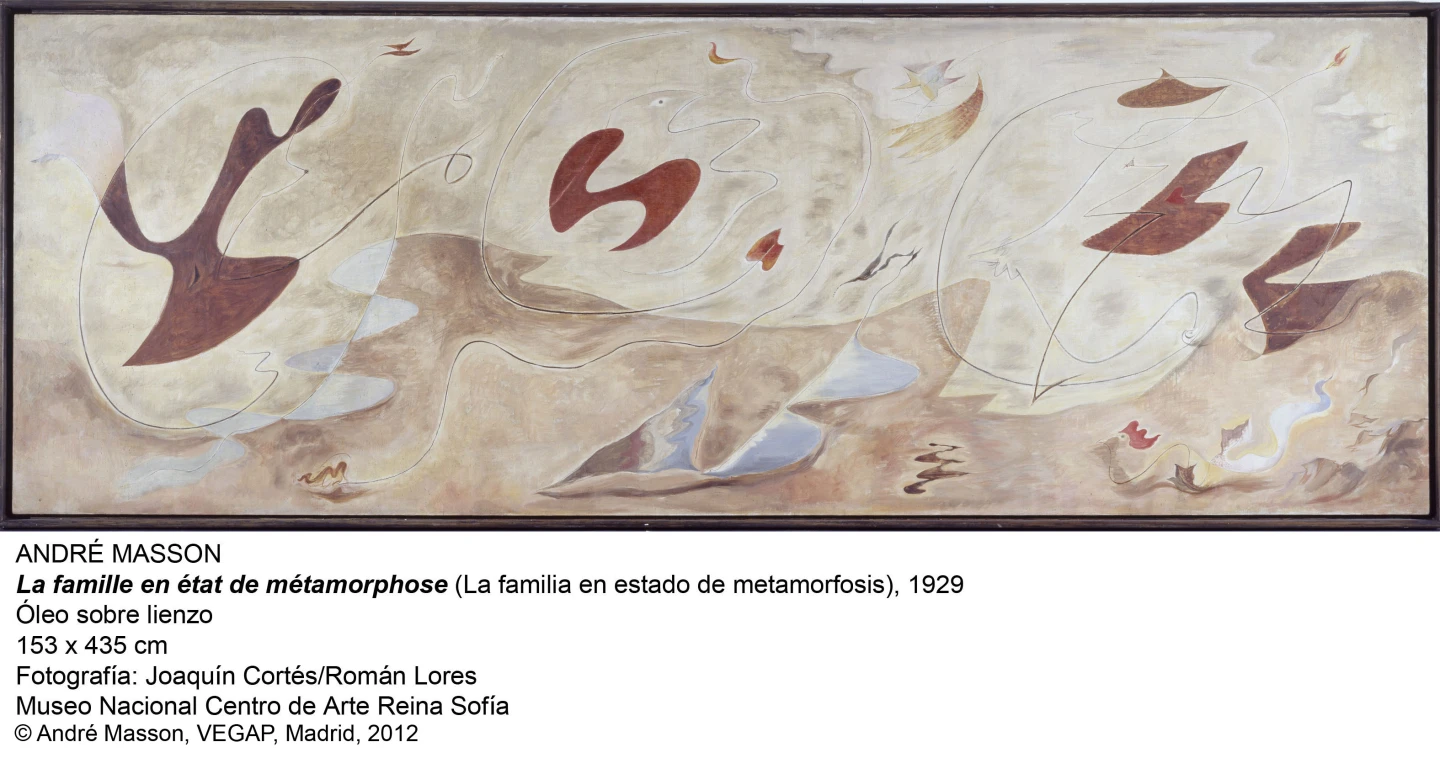
André Masson. La famille en état de métamorphose, 1929
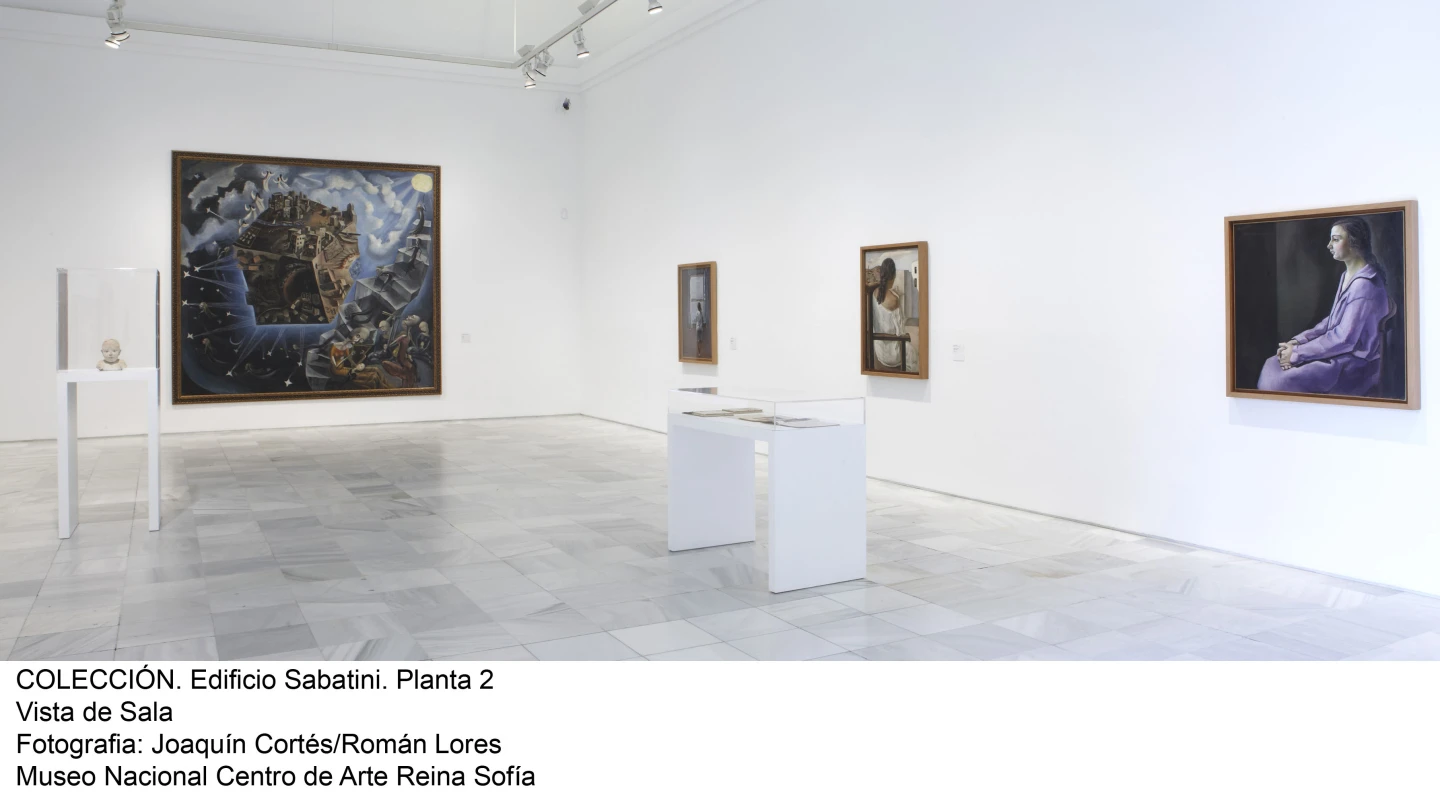
Colección 1. Edificio Sabatini, Planta 2. Vista de sala (4)